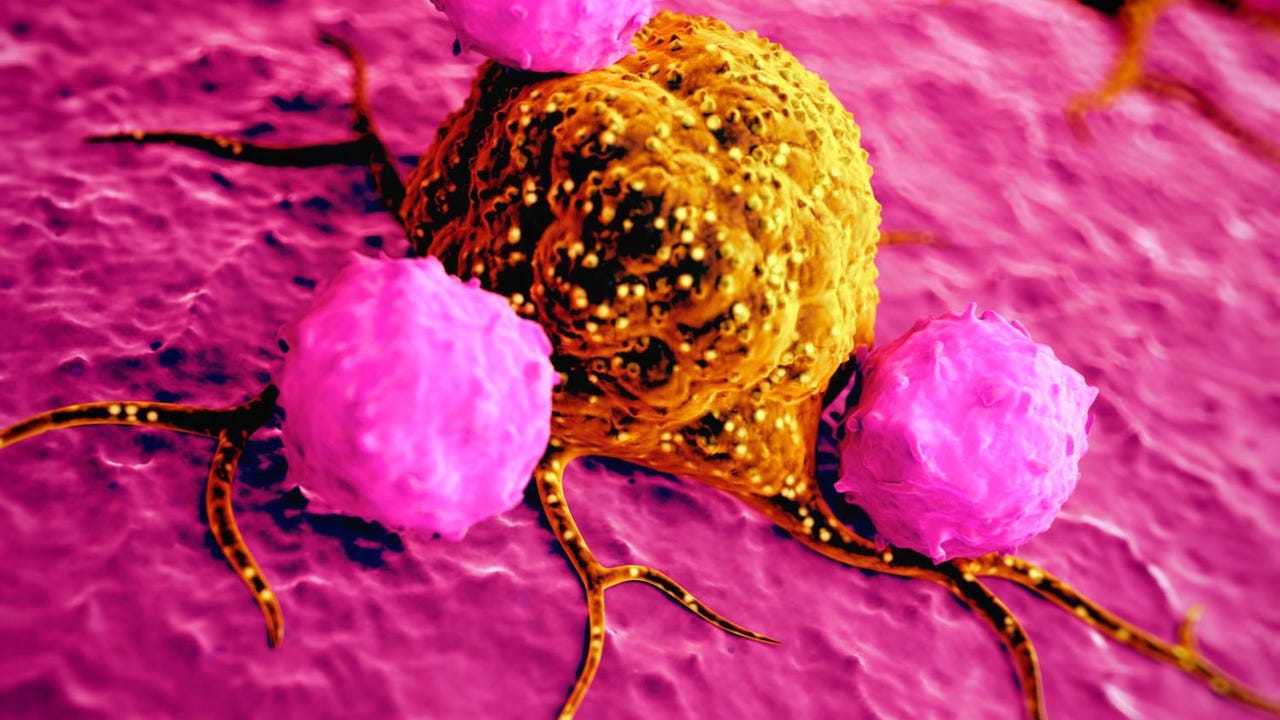
World Cancer Survivor Day: embrace fear
- Michael Johnson
- 0
- Posted on
Having cancer is not synonymous with death. Two terms that have been united and are still linked to many of us. This association is one of the many erroneous ideas that underlie the collective mind about this pathology.
On a day like today, in which the World Cancer Survivor Day, We claim the needs of people who are in the process of overcoming an oncological disease, but we also have to claim that the progress of research and the reality of cancer figures is implemented in society as it has been for years in academic and scientific environments.
In 2025 it is expected that the number of adults with a diagnosis of cancer will increase up to 296,103 cases, is 3.3% more than in 2024, according to the report “The cancer figures in Spain 2025”, prepared by the Spanish Society of Medical Oncology (SEOM) and the Spanish Network of Cancer Registries (Redecan).
This study also estimates that in 2050 we will reach the 350,000 cases in our country. These data assume that much of the people will be affected or will participate in the disease process of an acquaintance, relative or family. It is important to know some data: The average survival rate is 55% and aims to achieve the 70% in adults in 2030and that of pediatric cancer is estimated between 80-85%.
Scientific advances in the last decade have allowed more thorough knowledge of cancer biology, we talk about precision oncology. This will increase more and more frequently the identification of biomarkers and thereby select the treatments of directed therapies, immunotherapies … more effective and safe for each person, reaching individualized treatments that improve efficiency and, therefore, survival.
It is very important that we are clear that cancer are many and different pathologies, each subtype studies with different forecasts, treatments and evolution. “We get more and more of the oncological disease, but we have never seen it in you,” it is a usual phrase in medical oncology consultations.
All this is that many of us will live with cancer much of our life. People who are survivors of a tumor have experienced a period of their life with great uncertainty and stress that once overcome the disease also requires support. The return to a new life routine, living with some sequelae, restructuring social, family or work life are some of the difficulties we can find behind the first treatments. In addition, we will not be exempt from associated emotional difficulties, such as the fear of cancer recurrence. Studies show us thatntre 40 and 70% of survivors present this fear, A symptom that, in addition to manifesting in people who live with the disease, also occurs in their relatives. Periodic reviews bring it back to the present and we can notice more nervous than usual, which addresses catastrophist thoughts about our situation or about the future. This situation may require a specific psychooncological intervention if the person is paralyzed by fear or his life is clearly altered by him. Psychooncologists They currently have validated tools for the treatment of this frequent symptom and They can relieve much of anxiety that produces.
Transiting an oncological disease can be experienced as a great moment of crisis, including existential crisis; The great crises can be transformed into opportunities and from them extract personal growth that helps us face the future. It can also be a moment of rupture in which we need professional help to rebuild our vital meaning, our place in society or in our closest nucleus.
The prevention of these complications has to do with an improvement of the system, that the needs are evaluated but it also depends on all of us, as a community we have some pending tasks with our survivors: accept the disease and integrate it into the work and social environment, become aware that our health processes are ours and we have responsibility in them, empower ourselves as patients and communicate to our health teams our needs. On many occasions people do not express us that they are concerned about the next review, or how to communicate to their relatives that continues to find more tiredness … let’s trust our health professionals, because they can help us channel these situations that are sometimes even more important to us than disease markers.
Hopefully by 2030 we can write in these pages that cancer survivors have a monitoring focused on improving their quality of life and that as a community we have banished erroneous ideas linked to this complex disease.
Celia Ibáñez del Prado It is a member of the Governing Board of the Official College of Psychology of Madrid